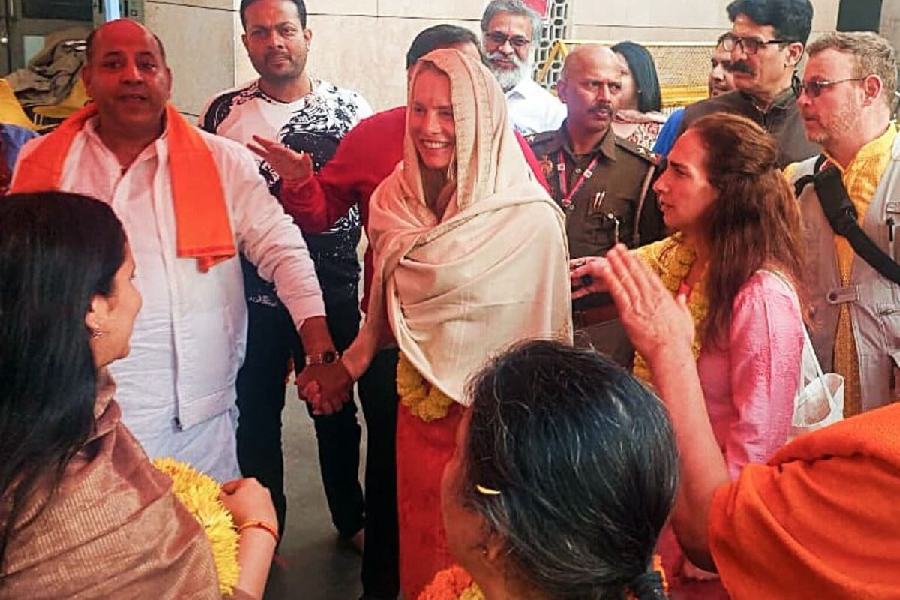Noting a discrepancy in the process of empanelling of Army officers, the Supreme Court directed the Centre to clarify the procedure for male officers as compared to their female counterparts.
A bench of Chief Justice D Y Chandrachud and Justices J B Pardiwala and Manoj Misra asked Attorney General R Venkataramani to file an affidavit explaining the central government’s position.
The direction came after senior advocate Huzefa Ahmadi, appearing for women Army officers, alleged discrimination in the empanelment of women officers.
He referred to an earlier order passed by the apex court last year on November 3 and submitted that it required the consideration of all women officers who are considered by the earlier special selection board 3B (for promotion as colonel) except for those officers who are already empanelled.
Hence, it is submitted that considering other empanelled officers would amount to a breach of the directions, he said.
Venkataramani stated that the concept of empanelment is based on comparative merit among officers of the same batch.
In support of this, he relied on the policy document filed by the Union government and submitted that the officers who had already been empanelled were not to be disturbed.
However, when the fresh special selection board was convened, it was necessary to benchmark the officers to be considered with empanelled officers.
Ahmadi opposed his argument and submitted that a similar exercise was not carried out for the empanelment of male officers.
He said in their case the male officers who were under consideration were not considered together with the batch of officers who were already empanelled, which he said was discriminatory towards women officers.
The bench took into account the submission and asked the AG to file an affidavit while posting the matter for hearing on March 11.
The top court had earlier said the Army's approach of denying women officers empanelment as colonel was "arbitrary", and directed the authorities to reconvene the special selection board within a fortnight for their promotion.
The court had deplored the attitude to find a way to end the just entitlements of women officers.
The top court was hearing petitions filed by women officers of the Indian Army who have been granted permanent commission. The dispute is related to their non-empanelment for promotion to the rank of colonel by selection.
The evaluation criteria set by the Army for granting permanent commission (PC) to women Short Service Commission (SSC) officers constituted systemic discrimination which has caused economic and psychological harm and an affront to their dignity, the top court had said in 2021.
The apex court had said the administrative requirement imposed by the Army authorities while considering the case of women SSC officers for PC, of benchmarking them with the officers lowest in merit in the corresponding male batch, is arbitrary and irrational.
In a landmark verdict on February 17, 2020, the top court had directed that women officers in the Army be granted permanent commission, rejecting the Centre's stand on their "physiological limitations" as being based on "sex stereotypes" and "gender discrimination against women".
The apex court had directed that within three months all serving SSC women officers have to be considered for permanent commission irrespective of them having completed 14 years or, as the case may be, 20 years of service.
Later, in another major verdict on March 17, 2020, the top court had paved the way for granting permanent commission to women officers in the Indian Navy, saying a level playing field ensures that women have the opportunity to overcome "histories of discrimination.
Except for the headline, this story has not been edited by The Telegraph Online staff and has been published from a syndicated feed.











